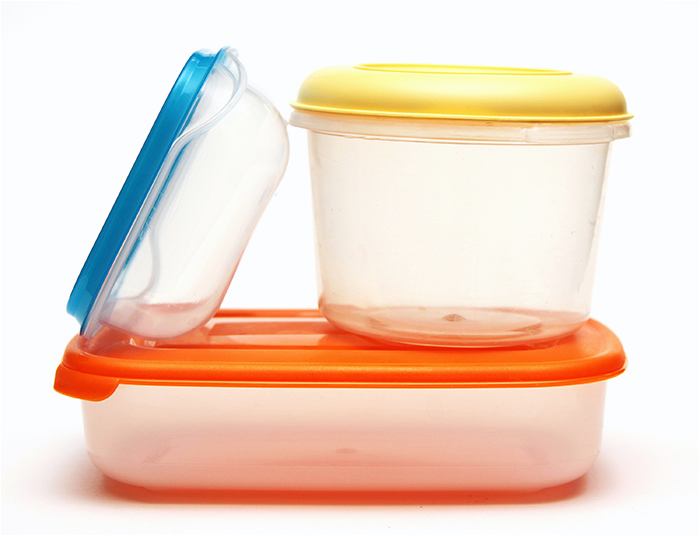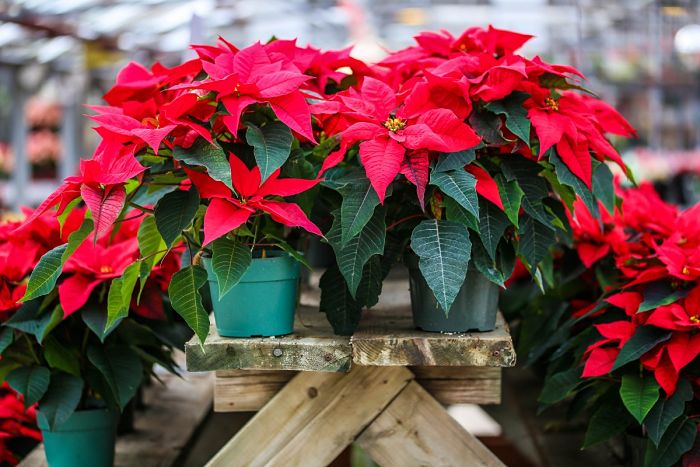Why is it that in a natural world our society has become so attached to unnatural products? People surround themselves with processed materials that require large machines and complicated processes that produce contamination when there is a simple natural alternative around them, and plastic is the worst offender. These are some reasons why you should get rid of the plastic containers that you use daily.

Plastic poses a threat to humanity simply because it is so versatile and is used almost everywhere. Every year, shoppers use more than 500 billion plastic bags, enough to wrap the planet more than 4,000 times. More than 10,000 pieces of plastic are discharged into the ocean each day, worsening the acidification of the water and killing hundreds of thousands of animals each year.
Plastic invades our food and drinks
Let’s say you have a tight diet with healthy habits. Organic vegetables along with unprocessed foods and lots of vitamins and minerals. If you are carrying food in plastic containers and extracting water from a plastic bottle, you’re eating habits may not be as safe as you thought.
7 reasons to remove plastic containers from your eating habits
Plastic not only damages our distant surroundings, but it also affects our daily routines in ways that we hardly even notice. The most common health threat from using plastic comes from an overlooked source: what we eat.
1. BPA in plastic containers
BPA (bisphenol A) is a chemical that was widely used in industrial plastics during the 1960s. Only recently have scientists been concerned with investigating the effect of this chemical on our health. So far, it has been linked to heart problems, effects on the brain, hormonal imbalances, and possibly other conditions like ADHD and diabetes.
People were alarmed to discover that this toxin was so abundant in plastic food containers. Canned food / drinks, plastic bottles, and even water supply lines can contain BPA.
2. BPS
Don’t think that since a plastic is “BPA Free”, it is completely safe. Many manufacturers have launched deceptive marketing campaigns guaranteeing the safety of their product without discussing the use of BPS (Bisphenol S), a similar chemical with equally toxic properties.
The studies surrounding BPS are terribly limited. What they have found are similar hormone copying properties that can affect our health. To top it all, BPS is actually less biodegradable than BPA, making it an environmentally destructive alternative.
3. Leaching
Leaching is the process that makes BPA and BPS such a major threat. Manufacturing plastics produces various chemicals that can be easily absorbed in a process called migration, or as the media more commonly has it labeled “leaching.”
During leaching, pieces of plastic can be transferred from containers into the food we eat, creating a direct transfer of foreign material to our bodies.
4. Plastic containers absorb odor and color
Unlike healthier natural alternatives, plastic has a porous texture that is not ideal for storing certain products. It can easily absorb the odor and color of certain foods and stain your plastic containers. You may notice that after several uses, your plastic containers look and smell like food, regardless of how hard you rub.
5. Environmental impact
As we mentioned earlier, plastics play a huge role in destroying our environment. They take an incredibly long time to break down compared to alternatives and fill landfills. While they leach toxins into our environment, they also pose a serious threat to wildlife.
Recycling has been raised as a solution to this, but it might not be as effective as we thought. Plastic has to be recycled and produces a lower quality every time. While it’s far better than just throwing away the plastic, avoiding it all could be a boon for the health of our planet.
6. Yes, plastic leads to obesity
Plastics around your food can also contribute to weight gain. A study with mice found that BPA played an important role in reducing the animals’ sensitivity to insulin. This made fat cell production more likely.
The adipocytes (also known as lipocytes and fat cells) accumulated faster, allowing the mice to get fat faster. Studies between humans and BPA are still limited, but evidence suggests that our infatuation with plastics could make our fat situation worse.
7. Plastic containers can interfere with fertility badly
A new line of studies shows a shocking connection between plastic chemicals and human fertility. Research by Harvard scientists suggests that one-fifth of unexplained infertility problems could be the result of exposure to BPA and BPS.
An additional risk is the possibility of birth defects such as down syndrome in developing fetuses.
Where does it come from?
Some of the sources of plastic near our food are pretty obvious. Others are apparently innocent. Here is a short list of common foods and drinks that contain plastics:
- Canned food.
- Canned drinks.
- Bottles and pacifiers.
- Bill receipts.
- Plastic containers.
- Disposable beverage bottles.
Simple solutions
You don’t have to sacrifice convenience and versatility if you change plastic. In fact, most alternatives provide much longer use than plastic products. Glass can be used countless times to store food without absorbing food odor or releasing chemicals into our food.
You can store liquids, solids, jams, or even pickles. Get creative and use leftover glass for crafts or turn a mason jar into your own personal chalice.
It’s not incredibly difficult to divorce from a plastic-consuming lifestyle. Follow some of these tips to reduce your exposure to chemicals and ensure the safety of your food.
Buy glass jars and glass products of various sizes to store your food and leftovers. When buying food that comes in plastic, take it out and store it in a glass container as soon as you get home. Put a water filter on your tap to avoid buying plastic bottles and save money. Make purchases in organic markets, they tend to use much more natural packaging.
Avoiding plastic containers is just one step to improving your health, but it’s even more important to make sure the food in these containers is not toxic. Have you noticed that some of the foods we eat are actually fake foods? You should also make sure that your food does not contain toxic ingredients and that it is not prohibited in other countries.







